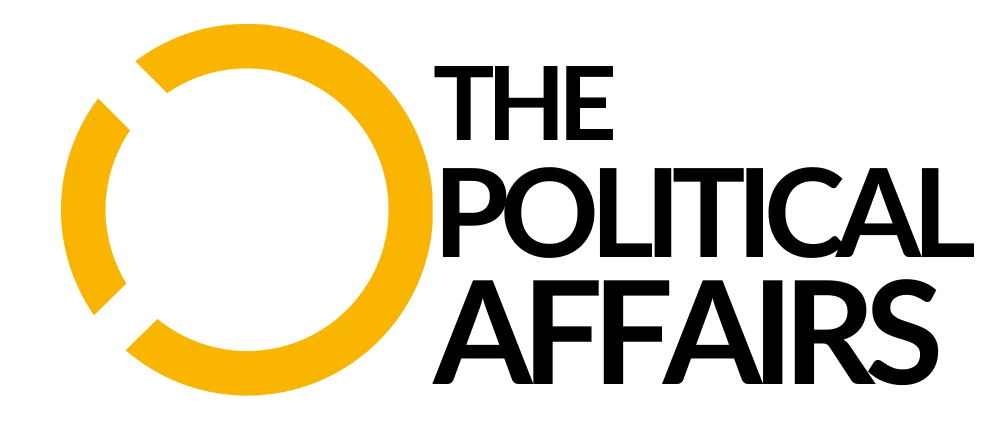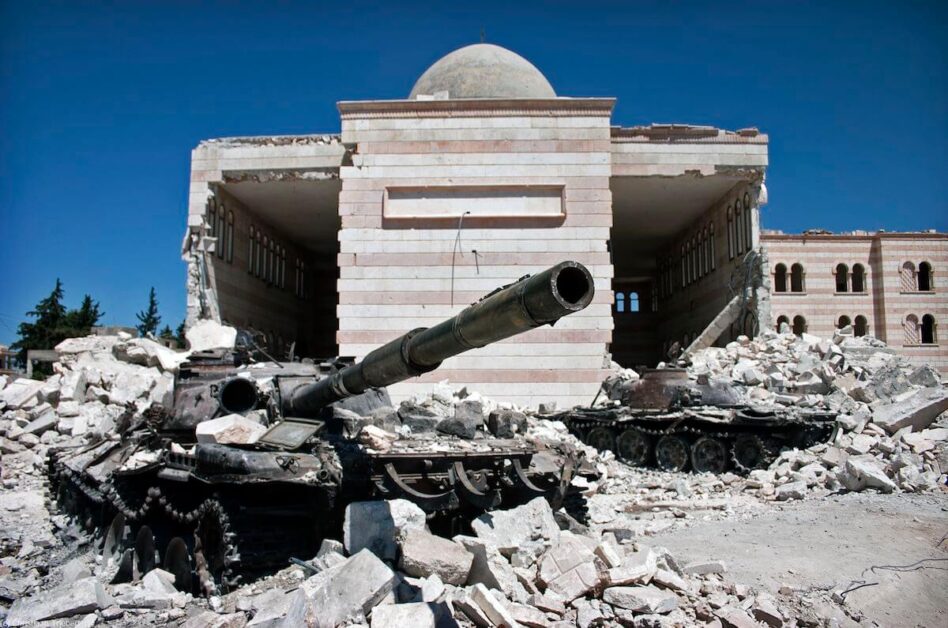This article was originally published in the “International Crisis Group“ by Dareen Khalifa. Read the Full Article on International Crisis Group.
What does the conflict in Syria look like on the ground?
The sides to the conflict are locked in an uneasy standoff that has brought the country a measure of calm, but fighting could rapidly reignite and trigger international instability. The turning point in the past year came when a Russian-Turkish ceasefire announced on 5 March 2020 halted a year-long Syrian regime onslaught on Idlib in the north west. This paused most fighting on the war’s last active front. Turkey expanded its military presence in Idlib, securing the truce. Thus, the area became the latest example of de facto ceasefires around the country.
Has Bashar al-Assad effectively won the war?
Assad is still in power and Syrian rebels are now confined to pockets of northern Syria. In reality, though, the conflict has no winners. Syria has been torn apart. Over half the population has been displaced with no prospects for return in the foreseeable future, while the UN stopped counting casualties five years ago, when already more than 400,000 people had reportedly been killed. The humanitarian situation is dire, with an estimated eleven million people inside the country in need of assistance; the World Food Program has warned of a growing threat of famine.
The Assad government controls some 70 per cent of the country, including its major cities, and has the support of Russia and Iran. But it has lost control over large swathes of territory in the north that contain most of the country’s natural resources. The government is a pariah in the West, has few friends in the Middle East, and is still battling a dangerous Islamic State (ISIS) insurgency in the centre of the country.
What could a political resolution to the overall war look like?
Steps toward a nationwide negotiated solution to the conflict, such as the UN-sponsored constitutional committee discussions in Geneva, have yielded few results and are unlikely to achieve more in the near future. Russia and Western countries have divergent approaches to the process.
For as long as the political deadlock continues and a comprehensive settlement remains out of reach, the best way forward may be to consolidate the ceasefires and, more generally, the status quo, and use the opportunity to help alleviate the human tragedy that is continuing to unfold. Over time this may help pave the way for more substantive political talks over Syria’s future.

